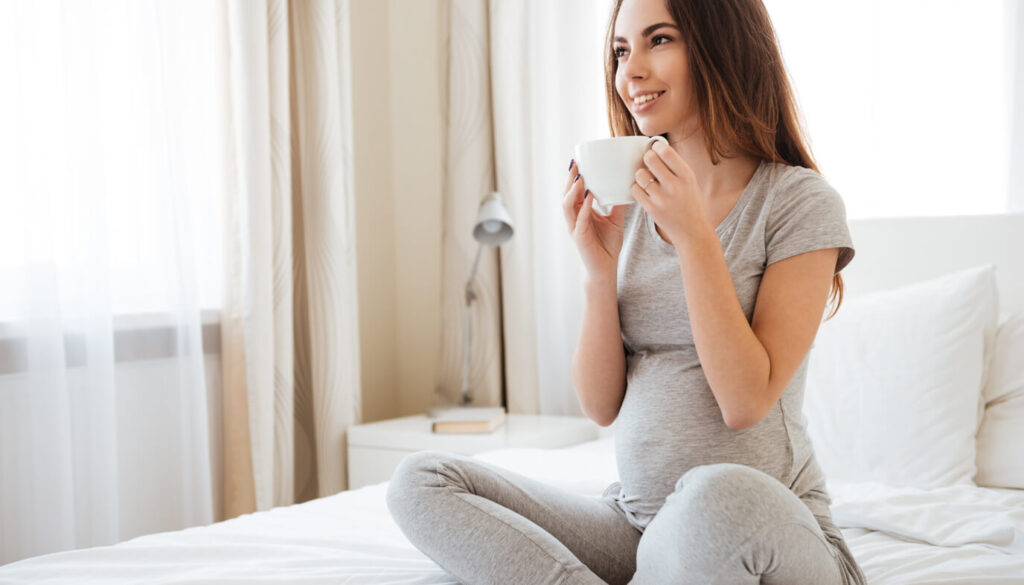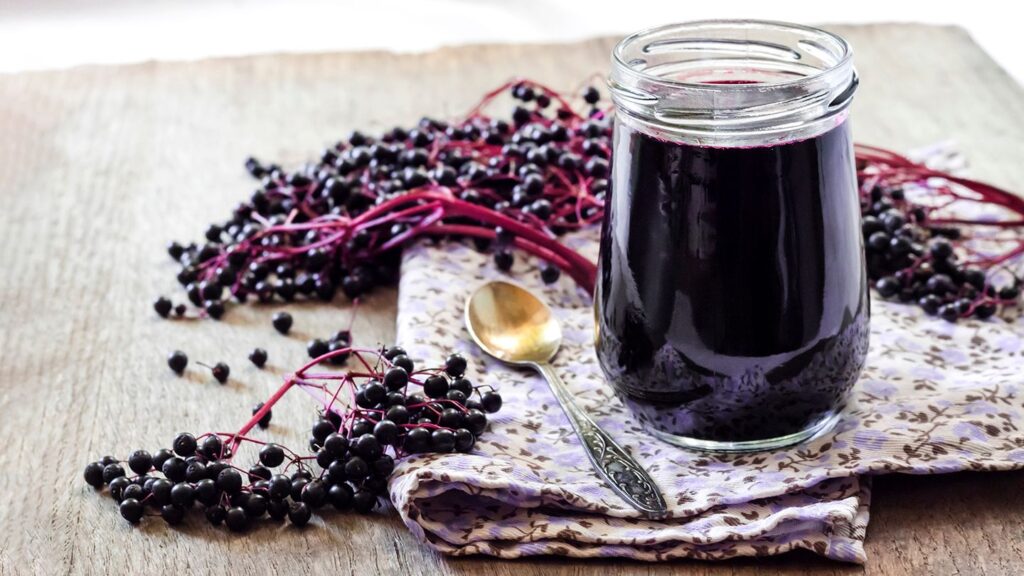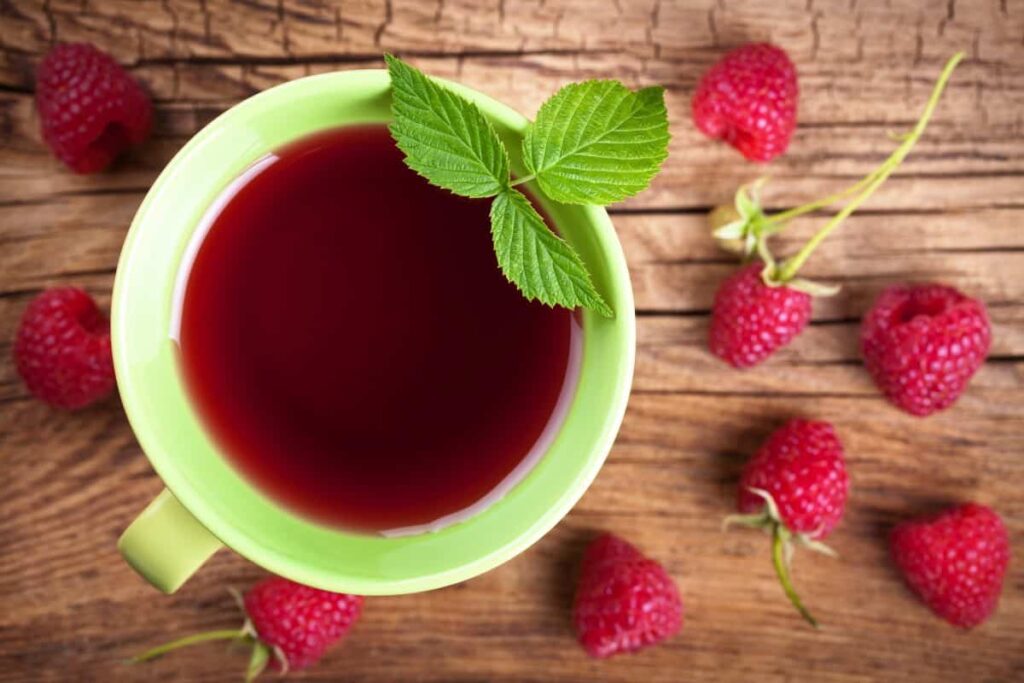Women generally become very skeptical during pregnancy and each step seems calculated during this journey. One of the most common thoughts for tea drinkers is; which herbal teas to avoid during pregnancy? And which ones are okay to consume because caffeinated drinks are best avoided during this time.
Difference Between Herbal Tea and Organic Pregnancy Tea
When we talk about tea, one can opt for numerous options and variants, such as black tea, green tea, decaf tea, herbal tea, etc. However, many of these options become a no-go zone during pregnancy because of their caffeine content.
A few searches on Google and you will find why caffeine is harmful during pregnancy and why healthcare experts recommend against its usage during this time. So, while pregnant, your tea options narrow down immensely and leave you with only a handful of options. Herbal tea, or organic pregnancy tea.
Generally, both these terms are interchangeable and people usually use both these names for tea that naturally has no caffeine in it. However, there is a small difference and these small things make all the difference in the world during pregnancy.

Herbal tea is a name for tea blends that are made with herbs, dried flowers, stems, leaves, and all. The major difference between tea and herbal tea is herbal tea uses many different parts of a plant and other herbs whereas tea is made purely with leaves.
Organic pregnancy tea, on the other hand, is referred to as herbal tea only because it is free from chemicals, and caffeine, and is made organically. It is indeed a tea blend made with tea leaves, it is formulated for pregnant women, keeping in mind their nutritional needs, and is relatively safe to consume during pregnancy.
So, the major difference between herbal tea and organic pregnancy tea is that herbal tea is simply made of dried flowers and herbs, whereas organic pregnancy tea is formulated and authorized for sale to pregnant women.
Why Should I Avoid Herbal Teas During Pregnancy?
There are many reasons why you should avoid herbal teas during pregnancy. The first and foremost reason is that herbal teas are generally not formulated keeping in mind the needs of pregnant women, so you wouldn’t know whether it is safe for you or not.
There are many other reasons why you should avoid herbal teas during pregnancy:
- Limited scientific research – Not enough scientific research is done on herbal teas and their benefits to back such tall claims of safety.
- Could lead to pregnancy complications – Without sufficient knowledge about products, you could put yourself in harm’s way and create complications during pregnancy
- Natural does not mean safe – It is not necessary that if something is derived naturally or comes from natural sources, it is safe. There are many plants which are poisonous and harmful if ingested and you cannot be sure what you are consuming is safe for you.
If you are a habitual tea drinker and would like to consume something safer, it would be better if you consume organic pregnancy tea as those are tailor-made for pregnant women.
Which Herbal Teas to Avoid During Pregnancy?
For the sake of discussion, let’s just put herbal and organic tea under one umbrella so you know which herbal OR organic pregnancy tea to avoid during pregnancy.

Non-FDA Approved Herbal Teas
FDA stands for Food and Drug Administration, FDA is a federal agency of the USA which means it is a governmental regulatory body that ensures that the food and medicines you consume are safe for you. Every company that is in the food and beverage industry must get FDA approval before selling their goods.
Once you have FDA approval, this means you are authorized to sell your goods and they are safe for your consumption. Most organic pregnancy tea brands have FDA approval which means the FDA approves of their claims that they are safe for consumption during pregnancy.
However, there are companies that operate without FDA approval and quite a few herbal tea blends are being sold without proper authorization. You should stay clear of these and look for an FDA approval stamp (it is usually there on the packaging or mentioned on the website) before buying tea.
Elderberry Tea
Elderberry tea is a great source of anthocyanin and provides microbial properties that help in boosting immunity. It is also a great cold and cough fighter.

However, elderberry tea poses more harm than good during pregnancy. Even though there is little research done on this, the existing literature proves that elderberry tea is not so helpful for pregnancy as it poses quite a few threats. Some of them are:
- It causes diarrhea and could dehydrate your body
- It causes cramping, which could cause early labor
- It could cause vomiting and nausea, further aggravating your morning sickness
Thus, it is just not worth consuming during pregnancy. If you are looking for immunity boosters during pregnancy, you could always go for honeybush tea or rooibos tea.
Raspberry Leaf Tea
This might sound odd because raspberry leaf tea is actually recommended during the end of your third trimester as it helps in stimulating labor.

The reason why it is mentioned here is because raspberry leaf tea should be avoided in the early stages of pregnancy. Consuming raspberry leaf tea during the first and second trimesters is harmful as it could lead to complications such as miscarriage.
However, at the end of your third trimester when you are preparing for labor, raspberry leaf tea should be your go-to drink. Traditional Medicinals has a great raspberry leaf tea blend.
Conclusion
Such a simple and harmless drink such as tea should also be consumed with care and proper research because even though it is harmless per se, your pregnancy journey is a sensitive time, and each step you take and each sip you take should be calculated and should be beneficial for you and your baby, and should not be harming you in any way whatsoever.
Now that you know which herbal teas to avoid during pregnancy, it is advised to be safe and to be smart about the choices you make during pregnancy, as everything that you eat or drink, will have some sort of effect on the baby, whether directly or indirectly, and everyone wants their babies to have the best.
